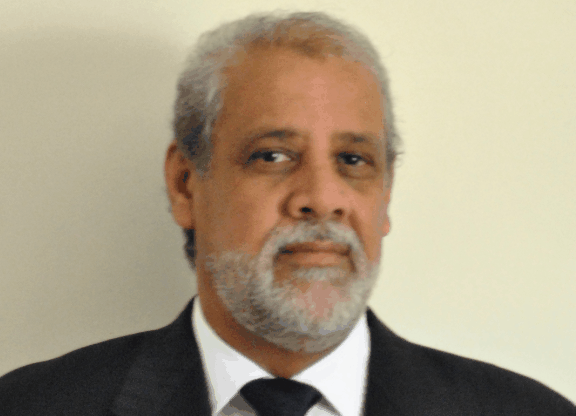Conflict Resolution in Construction Disputes
In general, the only method of resolving commercial conflicts in Libya is to resort to litigation. It is unfortunate that the Libyan judicial system had suffered during the Gaddafi regime. Many of the judges’ appointments were based on political loyalty while the legal profession was stifled. Lawyers were not permitted to practice law through their own law firms as they were considered employees of the courts. Moreover, the English language and other languages were not a part of the school curriculum which became an obstacle for lawyers to be involved in international disputes.
In Libya there is no Arbitration Act as such. However, arbitration measures have been mentioned in general in the 1953 Code of Civil Procedures. Cabinet Resolution no. 333 for year 2012 has granted the Chamber of Commerce and Industry the power to arbitrate commercial disputes occurring between its members. It also required the regional Chambers to establish arbitration and reconciliation councils just for this purpose.
It should be noted that, contrary to many other countries in the MENA region, Libya permits a foreign party to a state contract (Public Contract) to choose arbitration as a method for dispute resolution. In other countries of the MENA region, public contracts fall under the jurisdiction of the national courts. This precedent of compromising over the method of dispute resolution shall help in enacting an advanced, comprehensive, and modern system of arbitration in Libya.
As for the near future, Libya may utilize mediation in the short run until it is able to establish a comprehensive system of arbitration.
Dr. Mohamed Karbal is a New York lawyer and founder of Karbal & Co, a full-service international law firm with offices in Libya and Dubai that serve the needs of businesses and governments in Libya and the United Arab Emirates.





